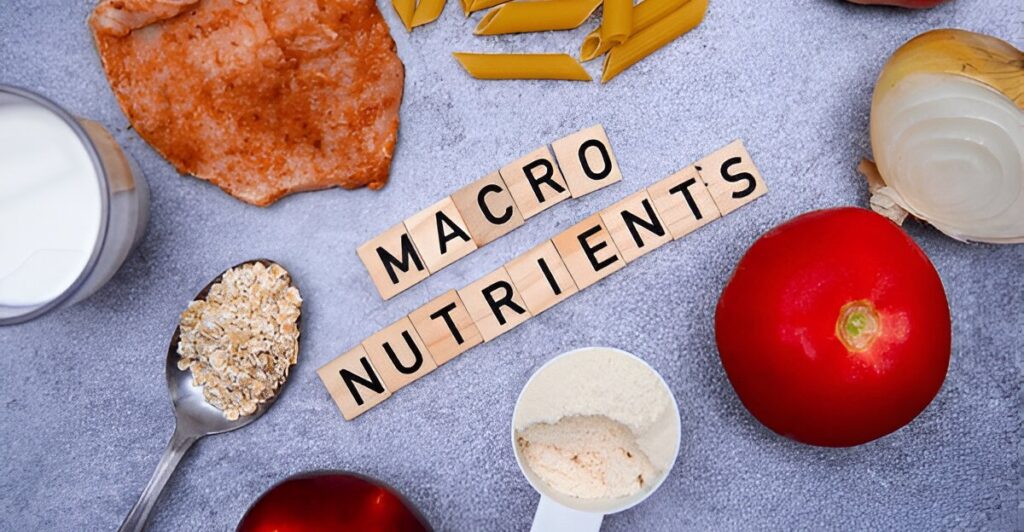Artificial sweeteners promise the sweet taste of sugar without the calories, making them a popular choice for those looking to manage weight or blood sugar. But how do artificial sweeteners affect your metabolism? The answer is more complex than you might think. This article dives into the science behind artificial sweeteners, their effects on metabolic processes, and practical tips for making informed choices.
What Are Artificial Sweeteners?
Artificial sweeteners are synthetic compounds designed to mimic sugar’s sweetness while contributing minimal or no calories. Common types include aspartame, sucralose, saccharin, and acesulfame potassium. They’re found in diet sodas, sugar-free snacks, and even some medications.
While these sweeteners are marketed as health-friendly alternatives to sugar, their impact on metabolism—how your body processes energy, regulates blood sugar, and stores fat—has sparked debate. Understanding how artificial sweeteners affect your metabolism can help you decide whether they belong in your diet.
The Science of Metabolism and Sweeteners
Metabolism encompasses the chemical processes that convert food into energy, regulate blood sugar, and maintain bodily functions. Artificial sweeteners interact with these processes in several ways, influencing appetite, insulin response, and gut health. Let’s break it down.
1. Appetite and Cravings
Artificial sweeteners are intensely sweet—often hundreds of times sweeter than sugar. This hyper-sweetness can trick your brain into expecting calories that never arrive, potentially increasing hunger and cravings.
- Research Insight: A 2016 study in Cell Metabolism found that sucralose consumption in mice altered brain reward pathways, leading to increased appetite. Human studies are mixed, but some suggest artificial sweeteners may not satisfy cravings as effectively as natural sugars.
- Impact: If you’re wondering how artificial sweeteners affect your metabolism, their potential to disrupt appetite regulation could lead to overeating, hindering weight management goals.
2. Insulin and Blood Sugar
Although artificial sweeteners are calorie-free, they may still influence insulin and glucose metabolism. The sweet taste can trigger a “cephalic phase” insulin response, where your body anticipates sugar and releases insulin preemptively.
- Research Insight: A 2018 study in Physiology & Behavior showed that aspartame consumption led to a slight insulin spike in some individuals, even without raising blood sugar. However, the effect varies by sweetener and person.
- Impact: For those with insulin resistance or diabetes, this subtle effect could complicate blood sugar control, though artificial sweeteners are generally considered safe for diabetics.
3. Gut Microbiome
Your gut microbiome plays a crucial role in metabolism, influencing digestion, nutrient absorption, and even fat storage. Emerging research suggests artificial sweeteners may alter gut bacteria, with potential metabolic consequences.
- Research Insight: A 2014 study in Nature found that saccharin, aspartame, and sucralose changed gut microbiota in mice, leading to glucose intolerance. Human studies are less conclusive but indicate possible disruptions in microbial balance.
- Impact: Changes to gut bacteria could indirectly affect how artificial sweeteners influence your metabolism, potentially contributing to weight gain or metabolic dysfunction over time.
4. Weight Management
The calorie-free nature of artificial sweeteners seems ideal for weight loss, but the reality is less straightforward. While they reduce calorie intake compared to sugar, their metabolic effects may counteract these benefits.
- Research Insight: A 2017 meta-analysis in CMAJ found that artificial sweetener use was associated with modest weight gain over time, possibly due to compensatory eating or metabolic changes.
- Impact: Relying solely on artificial sweeteners for weight control may backfire if they disrupt appetite or metabolism.
Common Artificial Sweeteners and Their Effects
Not all artificial sweeteners are created equal. Here’s a look at how some popular options may affect your metabolism:
- Aspartame: Found in diet sodas and sugar-free gums, aspartame is low-calorie but may trigger insulin responses in sensitive individuals. It’s generally safe but should be avoided by those with phenylketonuria (PKU).
- Sucralose: Marketed as Splenda, sucralose is heat-stable and widely used in cooking. It may alter gut bacteria and appetite regulation, though human evidence is limited.
- Saccharin: One of the oldest sweeteners, saccharin may affect gut microbiota but is considered safe in moderation.
- Acesulfame Potassium: Often combined with other sweeteners, it’s less studied but may influence insulin secretion minimally.
Potential Benefits of Artificial Sweeteners
Despite concerns, artificial sweeteners offer benefits when used thoughtfully:
- Blood Sugar Control: For people with diabetes, sweeteners like sucralose provide sweetness without spiking blood sugar.
- Calorie Reduction: Replacing sugar with artificial sweeteners can lower overall calorie intake, supporting weight loss if paired with a balanced diet.
- Dental Health: Unlike sugar, artificial sweeteners don’t contribute to tooth decay.
Risks and Considerations
While artificial sweeteners are FDA-approved and safe for most people, their metabolic effects raise questions. Here are key considerations:
- Individual Variability: Genetics, gut health, and lifestyle influence how artificial sweeteners affect your metabolism. What works for one person may not suit another.
- Overreliance: Using sweeteners as a crutch without addressing overall diet quality can undermine health goals.
- Long-Term Effects: Research on long-term metabolic impacts is ongoing, so moderation is wise.
Healthier Alternatives to Artificial Sweeteners
If you’re concerned about how artificial sweeteners affect your metabolism, consider natural alternatives:
- Stevia: A plant-based sweetener with minimal calories, stevia has little impact on blood sugar or gut bacteria.
- Monk Fruit: Another natural, zero-calorie option, monk fruit is less likely to disrupt metabolism.
- Honey or Maple Syrup: In small amounts, these natural sugars provide nutrients and may be gentler on metabolism, though they’re higher in calories.
Tip: Focus on whole foods like fruits to satisfy sweet cravings naturally, reducing reliance on any sweetener.
Practical Tips for Using Artificial Sweeteners
Ready to make informed choices? Here’s how to navigate artificial sweeteners while supporting your metabolism:
- Use in Moderation: Stick to recommended daily limits (e.g., 9 packets of saccharin or 75 packets of sucralose for a 150-pound person, per FDA guidelines).
- Pair with Nutrient-Dense Foods: Avoid consuming sweeteners in isolation. Pair them with balanced meals to minimize appetite disruptions.
- Monitor Your Body: Track how sweeteners affect your hunger, energy, or digestion. If you notice negative effects, switch to natural alternatives.
- Prioritize Whole Foods: Build your diet around vegetables, lean proteins, and healthy fats to support metabolic health.
- Consult a Professional: If you have diabetes or metabolic concerns, work with a dietitian to tailor your sweetener use.
Debunking Myths About Artificial Sweeteners
Misconceptions about artificial sweeteners abound. Let’s set the record straight:
- Myth 1: Artificial Sweeteners Cause Cancer
Decades of research, including studies by the National Cancer Institute, show no consistent link between approved sweeteners and cancer in humans. - Myth 2: They Always Help with Weight Loss
As noted, artificial sweeteners may not guarantee weight loss and could even contribute to weight gain in some cases. - Myth 3: They’re Completely Harmless
While safe in moderation, their metabolic effects suggest caution, especially for those with specific health conditions.
The Bottom Line
So, how do artificial sweeteners affect your metabolism? They can influence appetite, insulin response, gut health, and weight management in complex ways, with effects varying by individual and sweetener type. While they offer benefits like calorie reduction, overreliance or poor dietary context may undermine metabolic health.
For optimal metabolism, use artificial sweeteners sparingly, prioritize whole foods, and consider natural alternatives like stevia or monk fruit. By staying informed and listening to your body, you can make choices that align with your health goals.
Call to Action: Have you noticed how artificial sweeteners affect your energy or cravings? Share your experience in the comments, or try a natural sweetener this week and let us know how it goes!


